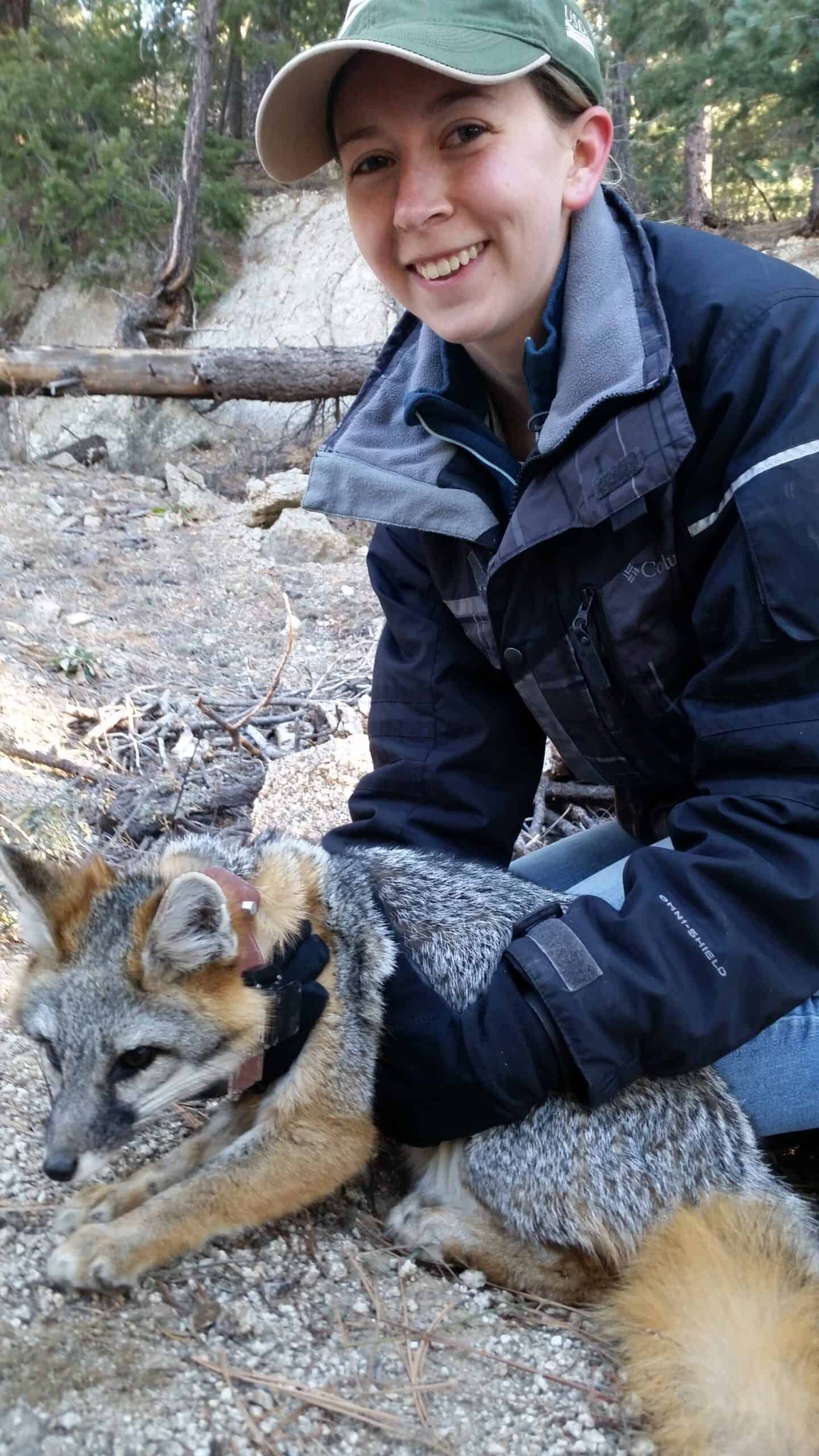
Amanda Veals Dutt
Chair
I am a postdoctoral research scientist with Borderlands Research Institute at Sul Ross State University in Texas. I received my B.S. from University of Arizona and M.S. from the same institution studying gray fox ecology and rabies management. I defended my Ph.D. in October 2021 with a dissertation focused on spatial ecology of the endangered ocelot to inform road mitigation efforts. I started my first post-doc position in January 2022 where I lead research focused on carnivores and mentor graduate students.
I have been involved with The Wildlife Society since I was an undergraduate. I have been an active member of the Arizona and Texas state chapters as well as the Southwest Section and Women of Wildlife for the last decade. I have served on the communication boards of three different working groups during my graduate career. While I am new to the Early Career Professionals Working Group, I plan to bring my experience serving as chair of two different graduate student organizations to bear.
As a recently married step-mom with a partner who is also in the profession, I am familiar with many of the challenges facing young professionals in the wildlife field. I have a passion for helping my peers. I aim to promote and support diverse voices in TWS while providing a collaborative and productive environment for young professionals.
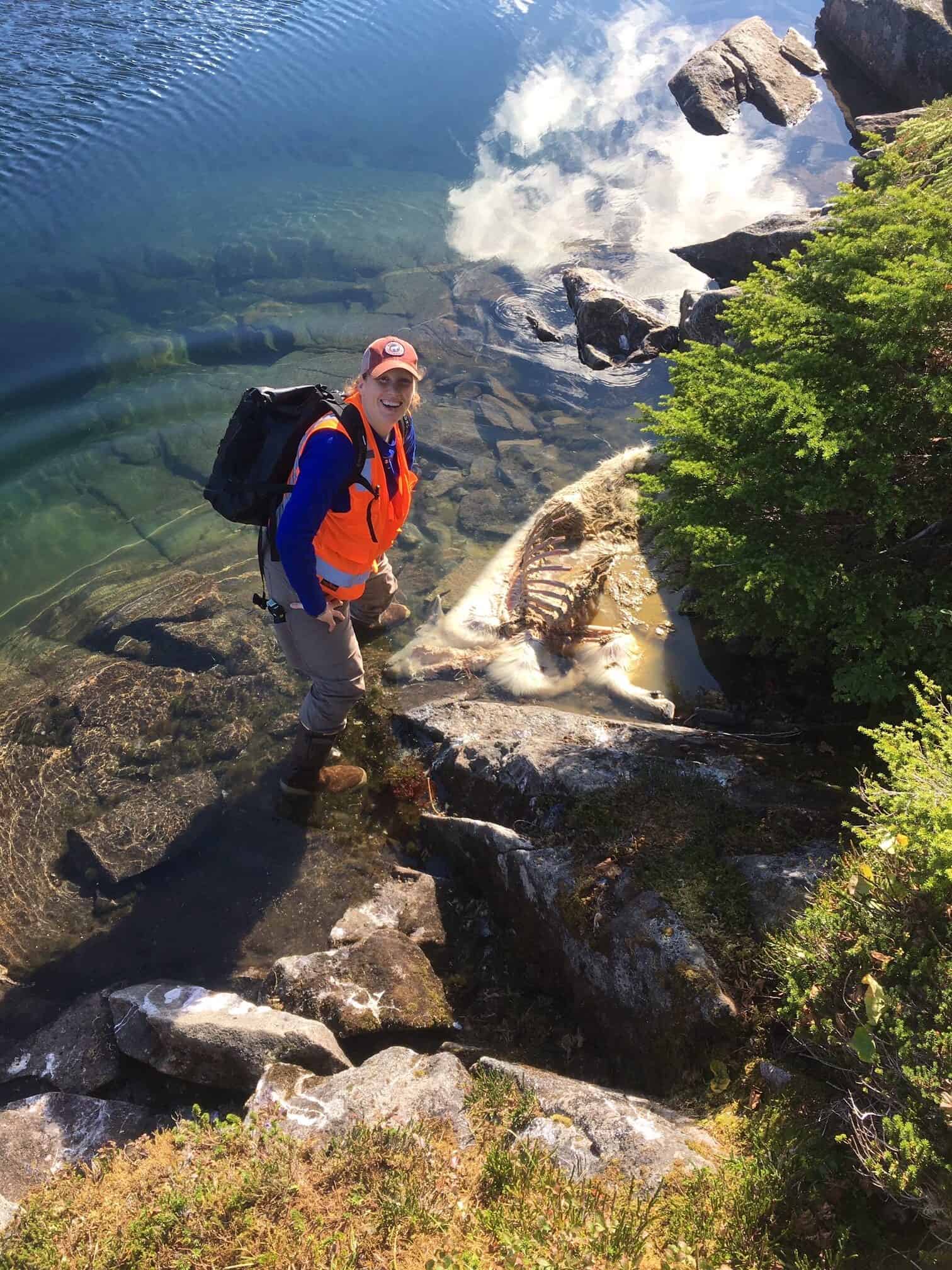
Alex Lewis
Co-Chair
I am a Wildlife Biologist 1 at the Alaska Department of Fish and Game in Douglas, Alaska where I study wolves in Southeast Alaska. I received my BS in wildlife from University of Alaska Fairbanks and my MS in wildlife from Auburn University. I’ve spent the last 2 years of my position as a wildlife biologist setting up a couple of research projects, which includes exploring the dynamics between brown bears and wolves at moose carcasses. I’m interested in community ecology and species interactions, so it’s a good thing I’m part of the predator-prey research team!
I think it’s incredibly important for Early Career Professionals to communicate amongst each other, but also to make sure to engage with students and mid-late career professionals to facilitate the connections between each level. My primary intention for getting more involved with the working group is to make those connections and facilitate the needs of each group to further the wildlife field, making it more inclusive and accessible.
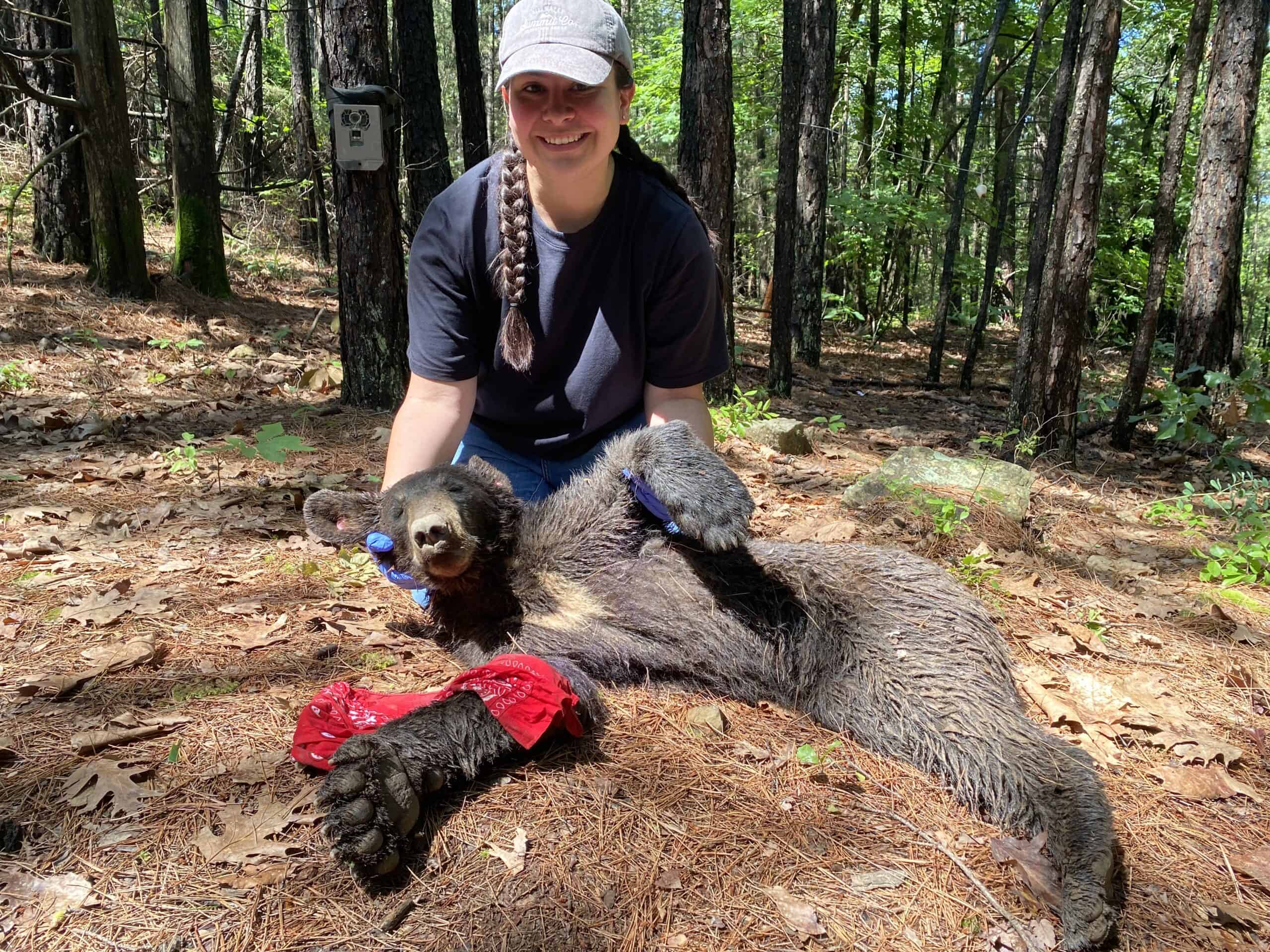
Jordan Grotts
Secretary
I am an environmental coordinator with the Choctaw Nation of Oklahoma. My job duties are currently split between threatened and endangered species clearance for tribal and BIA projects for our forestry department and PFAS, lead, and copper drinking water sampling throughout the Choctaw Nation Reservation. I graduated from Southeastern Oklahoma State University in 2020 with a Bachelors of Fisheries and Wildlife Science. While at this position I have been able to work closely with internal departments as well as federal agencies to accomplish compliance for protection of threatened and endangered species. My wildlife interests include conservation of culturally significant species such as the American snapping turtle and black bear.
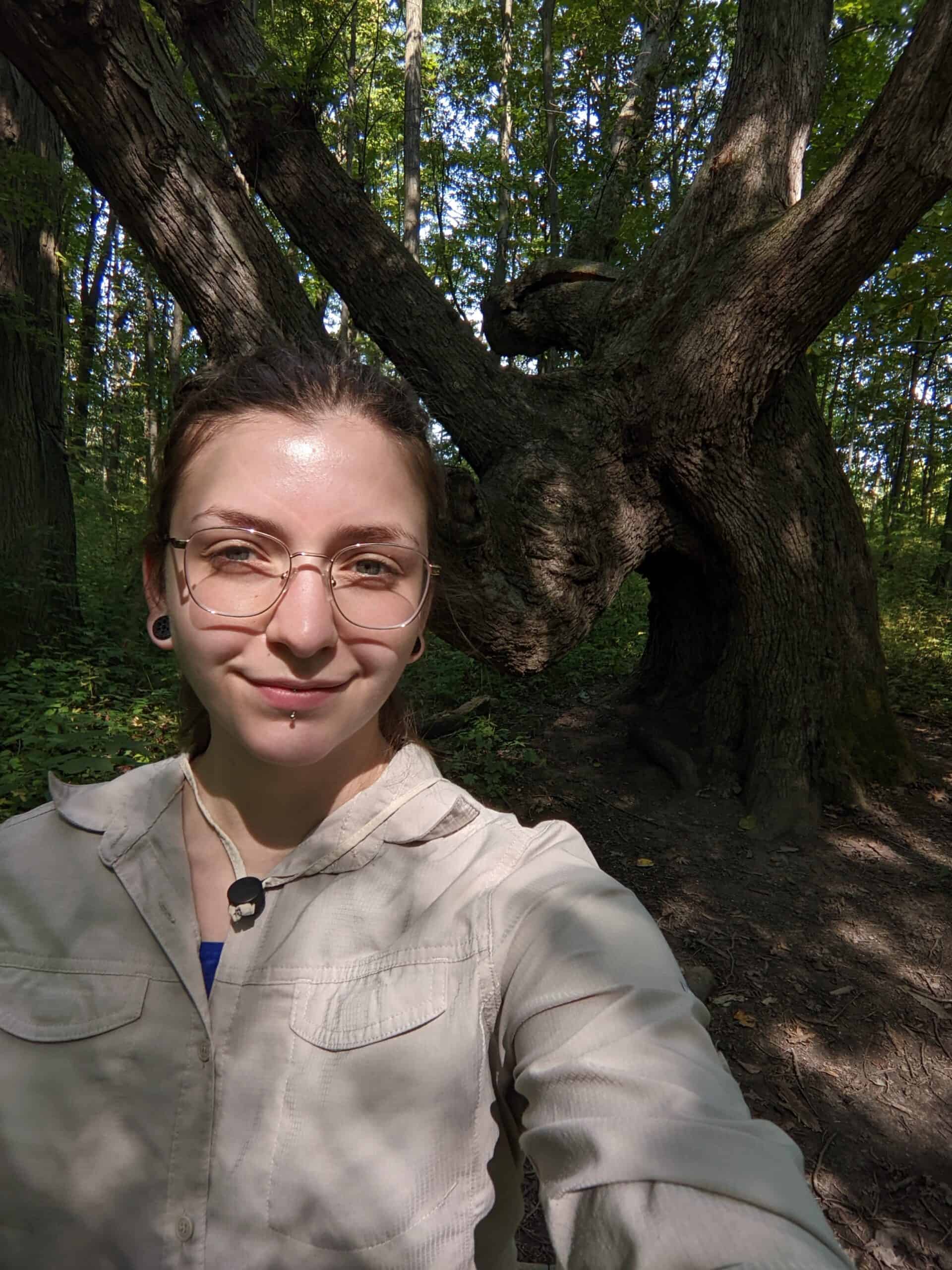
Allison Williams
Treasurer
I am a M.S. student at Ohio State University in Columbus, Ohio. I received my B.S. from Frostburg State University in Wildlife & Fisheries with a minor in Mathematics in May 2021. My research is currently focused on developing spatial models for blacklegged tick occurrence and abundance at fine scales throughout Ohio. As I have worked with a diverse group of species through several technician jobs and throughout my master’s position (fish, salamanders, otters, ticks, etc.), my overall interests lie in broad, landscape-level questions with quantitative applications (especially those with conservation needs). I will be continuing on to my PhD in Fall 2023 at Ohio State University, focusing again on landscape-level questions on several species, such as barn owls and channel catfish.
I have been a part of the Wildlife Society both within my university and nationally since I was an undergraduate. I presented my first talk ever at a Wildlife Society meeting while an undergrad in 2020! A passion of mine is encouraging student involvement and collaboration, as I had great experiences as a student and want to encourage opportunities to others. I serve as Treasurer in two other organizations within my university that are focused on these passions.
The challenges we face as students do not stop as we begin our careers in wildlife. This is my first officer position within a working group in the Wildlife Society, and I am dedicated to assessing the challenges we face as early career professionals. I am excited to see what we can accomplish within this working group and look forward to collaborating with fellow wildlife professionals at a broad scale.
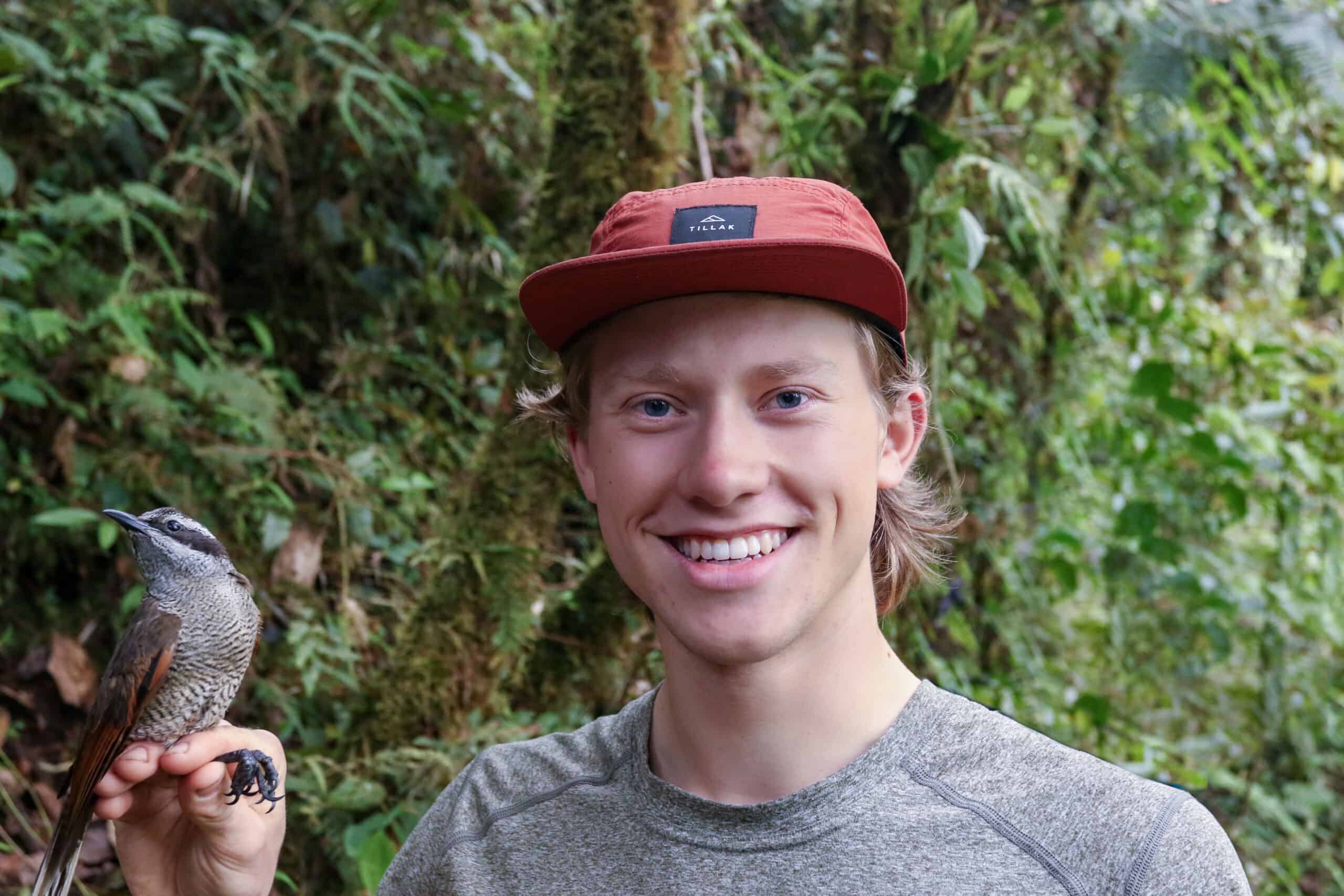
Ian Shriner
Communications Coordinator
As a wildlife biologist, author, and photographer, I’m passionate about building connections through effective communication. I graduated from Earlham College in 2021 with a B.A. in Biology and a minor in Art, Nature, & Conservation. Since graduating, my research has focused on studying the effects of prescribed burns and other forest management strategies on bird and mammal populations in the Sierra Nevada and (Oregon) Coast Range.
I joined the ECPWG Board in 2022 and am excited to bring my skills in digital media and communication to the team. As the Communications Coordinator and chair of the Fair Worker’s Compensation Committee, my focus is on disseminating early-career resources to ECPWG membership and advocating for a more equitable culture of compensation in the wildlife profession.
At-Large Board Members
Aidan Branney
Micah Bingaman
Katelin Goebel
Courtney King
Chelsea Kross
Josh Smith
Miranda Strasburg
Become a member
All new professional members of The Wildlife Society are automatically members of the Early Career Professional Working Group at no additional charge. We welcome membership to any other TWS members interested in supporting ECPs.


